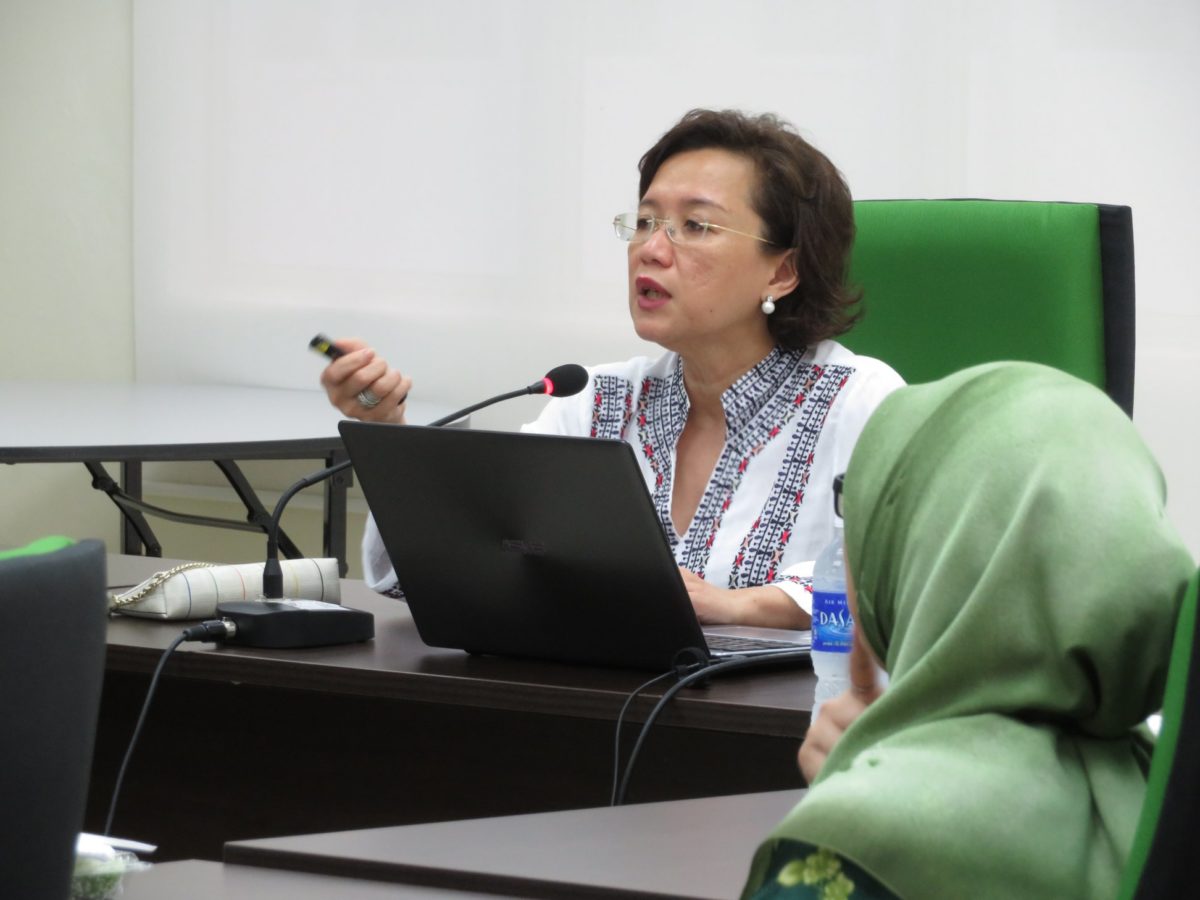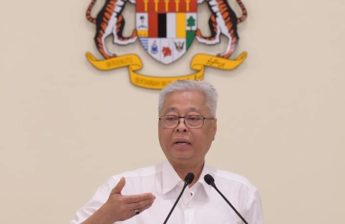KUALA LUMPUR, March 18 – Infectious disease expert Dr Adeeba Kamarulzaman has called on governments to decriminalise personal drug use or possession to reduce the spread of HIV.
The president of the International AIDS Society urged United Nations member states to fulfil commitments made under the 2021 United Nations Political Declaration on HIV/AIDS that targets ensuring less than 10 per cent of countries have restrictive legal and policy frameworks that deny or limit access to services by 2025.
UN member countries also committed to ensure that less than 10 per cent of people living with, at risk of or affected by HIV face stigma and discrimination by 2025.
“Creating an enabling legal environment, by removing laws that criminalise drug use or possession for personal use, is a crucial step to reduce the spread of HIV and other harms among people who use drugs,” Dr Adeeba said in a statement yesterday at the 65th session of the Commission on Narcotic Drugs by the United Nations Office on Drugs and Crime (UNODC).
Dr Adeeba, who provided CodeBlue a copy of her statement, told CodeBlue that her call for the decriminalisation of personal drug use also extended to the Malaysian government.
Malaysia has extremely harsh drug laws. Possession of cannabis of 200g or more is presumed to be trafficking, punishable under the Dangerous Drugs Act with the mandatory death penalty. Those found to possess between 20g and less than 50g of cannabis are subject to between two and five years’ jail and whipping of between three and nine strokes.
Dr Adeeba highlighted the disproportionate impact of HIV and viral hepatitis on people who use drugs from criminalisation, stigmatisation, and underfunding.
Access to tailored services, noted the infectious disease professor from the Department of Medicine at the Faculty of Medicine at Universiti Malaya, was even harder for women, young people, sex workers, refugees, indigenous people, and ethnic minorities.
“This is not just a violation of human rights, but poor health policy. If we want to end these epidemics, we must scale up access to harm reduction services so that they can be easily, voluntarily and confidentially accessed by all people who use drugs.
“That is why the Global AIDS Strategy 2021-2026 calls for ending inequalities to end AIDS and underlines the importance of the active involvement of all stakeholders: policymakers, the community, law enforcement, the criminal justice system, health care providers and non-governmental organisations.”
She stressed that although the world has seen major progress in addressing the AIDS epidemic, this did not extend to people who use drugs despite new diagnostics, prevention tools, and treatment.
“Social, economic, racial, legal and gender inequalities and the infringement of human rights are hindering the HIV response.”
Health Minister Khairy Jamaluddin told Parliament last Monday that Malaysia’s HIV incidence rate dropped 70 per cent from 28.5 cases per 100,000 people in 2002 to 8.5 cases per 100,000 population in 2021.
Dr Adeeba further called for disaggregated data on the full extent and variety of drug use, including stimulants and new psychoactive substances as well as opioids, as more research would support strategic harm reduction programming.
“Community-led organisations are critical to the HIV response among people who use drugs. Governments must act now and invest to meet the targets for community-led organisations to deliver 30 per cent of testing and treatment, 80 per cent of HIV prevention, and 60 per cent of programmes to support the achievement of societal enablers.
“Community participation in policymaking – should be funded and actively supported.”
The Global AIDS Strategy 2021-2026, adopted by the UNAIDS board to end AIDS as a public health threat by 2030, aims to reduce the number of new HIV cases from 1.7 million in 2019 to less than 370,000 by 2025.
The strategy also aims to reduce the number of deaths from AIDS-related illnesses from 690,000 in 2019 to less than 250,000 in 2025.
According to the Ministry of Health’s (MOH) Global AIDS Monitoring 2021 progress report, Malaysia is off track in meeting the global 2020 HIV goals of 90-90-90, where by 2020, 90 per cent of all people living with HIV will know their HIV status, 90 per cent of all people with diagnosed HIV infection will receive sustained antiretroviral therapy, and 90 per cent of all people receiving antiretroviral therapy will have viral suppression.
MOH reported that by the end of 2020, about 87 per cent of an estimated 92,063 people living with HIV (PLHIV) in Malaysia were aware of their status, 58 per cent of reported PLHIV were receiving antiretroviral therapy, and 85 per cent of those on antiretroviral treatment became virally suppressed, or 87-58-85.
MOH attributed Malaysia’s failure to meet the 90-90-90 goals to the shift in the local HIV epidemiology landscape from needle-sharing to sexual transmission, and also to stigma and discrimination faced by PLHIV that impedes efforts to link newly diagnosed PLHIV with care.
In the last decade, sexual transmission has become Malaysia’s main mode of HIV transmission, with MOH expecting men who have sex with men (MSM) to become the main key population in Malaysia in 2030.








